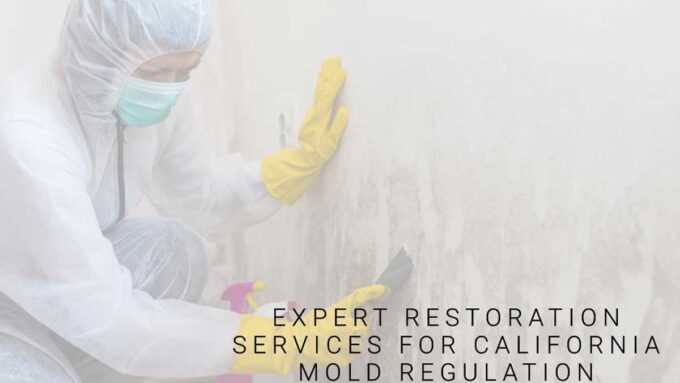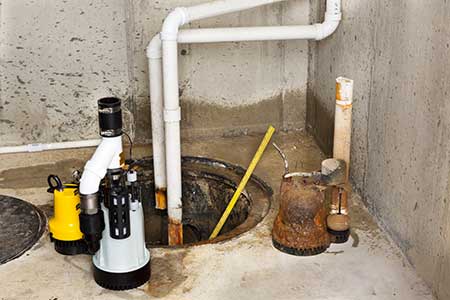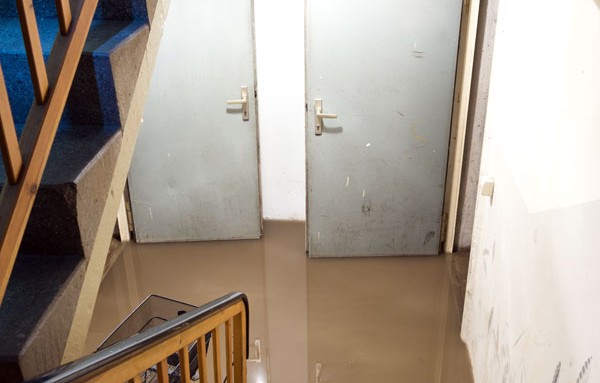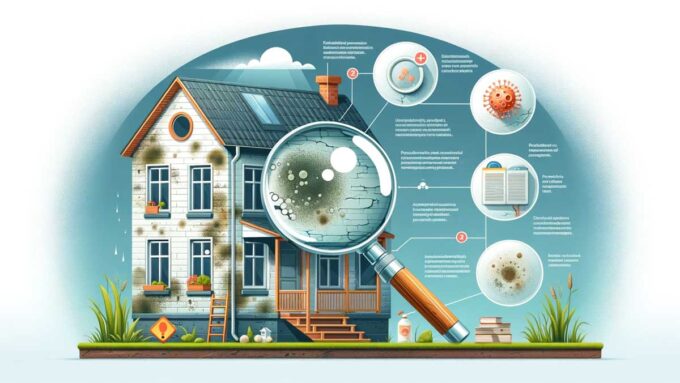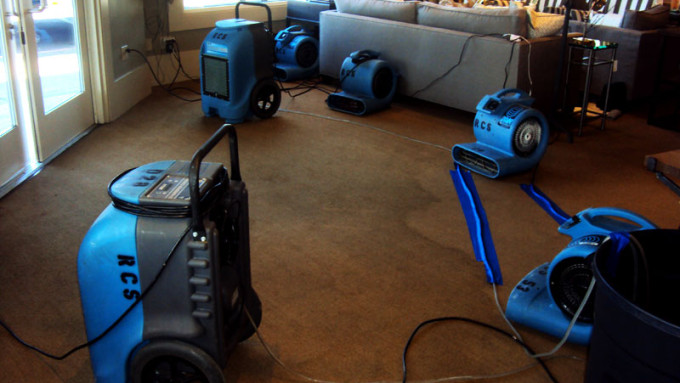You have a stuffy nose – you are congested. Your eyes are itchy, and you keep sneezing. Do you have the common cold, or are you suffering an allergy to mold? Mold allergies cause the majority of allergy-related rhinitis and asthma. However, unlike symptoms from the common cold, allergy symptoms from mold stay around longer. Because mold allergies are similar to allergies related to animal dander, dust, and pollen, the best way to identify a mold allergy is through a medical history and physical, and lab testing by a medical professional.
Mold is a naturally occurring fungi. Some fungi are helpful and even edible as is the case with penicillin and mushrooms. However, other fungi can be poisonous and trigger illness in humans. While you cannot completely rid yourself of exposure to mold, you can identify problems and get them treated appropriately.
Common places of mold indoors
If you are experiencing long-term cold-like symptoms, you may have a mold issue in your home or office. Some common areas that you can inspect are:
- Bathrooms
- Basements and crawl spaces
- Carpet and carpet padding
- Dust
- Furniture and mattresses
- Humidifiers
- Refrigerators
- Areas of your home with humidity in excess of 50%
Once you identify the location of mold, you should have it properly mitigated. Wear a mask and clean moldy areas with an antifungal reagent like chlorine bleach. You should leave the reagent for several hours before washing and drying. You can then follow-up the treatment with a preventive spray. It is important to address any issues that cause mold like water getting into your home, improper ventilation, and too great a percentage of indoor humidity.
Some other ways to prevent mold growth and exposure are:
- Vacuum and dust regularly
- Keep your home dry and address any water issues
- Use a dehumidifier
- Place dust-proof encasings on your mattresses
- Treat air ventilation systems
- Clean humidifiers thoroughly
- Keep indoor humidity at an optimal level
Although you may have symptoms of mold allergy, it may just be the common cold. If your cold symptoms resolve in a short while, it is likely a simple cold virus. However, if you and your family experiences long-term cold symptoms and you are concerned about the presence of mold in your home, consider getting an assessment by a doctor to determine if you are experiencing a mold allergy.
Following this advice can help you to avoid ongoing mold allergy issues and can help you to prevent asthma attacks.


